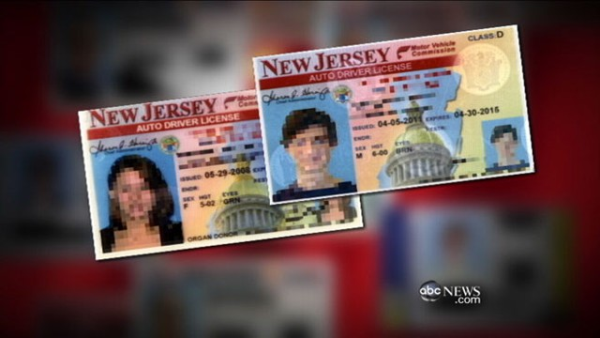
Jophan Porter was generally having a good time as a flight attendant for American Eagle. He was traveling around the world on American Airlines, the parent company of American Eagle, and getting paid for it. At times, he was socializing with the pilots and other crew, with easy access to the cockpit. But earlier this year, his fun came to an end. Porter was arrested in Miami-Dade International Airport on charges ranging from identity theft to forgery. His assumed identity, Anthony Frair, turned out to be residing in the Bronx and had no idea anyone had used his personal info to secure a job with AA. All he knew is for some reason he was denied for food stamps when the record showed he was gainfully employed.
Interestingly, Porter was likely fingerprinted and his background checked as part of a routine screening at American. Among the other seemingly glaring red flags that somehow were not picked up by his interviewers was that his alter ego, Frair, had a considerably long criminal history.
The takeaways here are many: employer background checks are clearly lacking; illegal immigrants are continuing to find ways to circumvent screenings – even supposedly rigorous ones; and while some get caught, many others continue to stay hidden with the help of counterfeit IDs. Porter, at the time of his arrest, had on him three fake driver's licenses belonging to Frair, in addition to a fake FAA badge.
The link between illegal immigration and counterfeit documents, as well as related white collar crime like identity theft, has been well documented. Early in 2002, spurred by the terrorist attacks in New York, the widely-respected Government Accountability Office looked into the prevalence of counterfeit documents at the borders, and, according to their report, found plenty:
At ports of entry, INS inspectors have intercepted tens of thousands of fraudulent documents... [including] border crossing cards, alien registration cards, nonimmigrant visas, and passports and citizenship documents (both U.S. and foreign).
In addition, the report went on, INS officials found "large-scale counterfeiting has made fraudulent employment eligibility documents (e.g., Social Security cards) widely available.
More recent statistics bear this out as well. The three states bordering Mexico – Arizona, California and Texas – rank respectively numbers two, three and five in identity theft cases reported last year. The FTC's Consumer Sentinel Network, a clearinghouse of consumer complaints collected by government and private business organizations, found Arizona and California virtually tied with 102 complaints apiece per 100,000 population. In Arizona a full 29% of the complaints were related to employment.
Of course many employers only too happily hire on and cynically exploit illegal alien workers. The Pew Hispanic Center estimates 83 million unauthorized workers in the United States – some 5.4% of the labor force – a number that has not significantly changed in the last several years. Concentrated heavily in the Border States and their neighbors, they are primarily engaged in the farming, groundskeeping, construction and food preparation industries.
The government is taking all these trends very seriously. The Obama administration has presided over a record number of deportations the past three years – over 396,000 in fiscal year 2011 alone. At the same time, inside the U.S. borders the focus of the administration's anti-illegal immigrant efforts has been on employers. In a break with the previous administration's policies, the Obama-led employer raids released the undocumented workers, while charging their employers with crimes. A series of workplace investigations of immigrant hiring – some 2,700 in all – led to fines totaling $43 million last year, also a new record.
If you are a business owner, you are caught in a double bind. The government is cracking down on employers who hire illegal immigrant workers, even as more of those workers are presenting counterfeit documents proving their eligibility to work. The solution to this problem must involve better document verification. A reliable method of ensuring the authenticity of IDs, passports, permanent resident cards (more commonly known as “green cards”) and other documents is the sine qua non of regulatory compliance, as well as keeping sensitive places, such as airplane cockpits, safe and secure.


